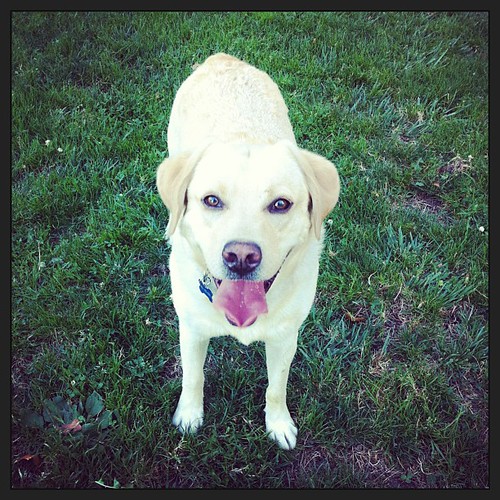Sleep, as I say in my book, is the original deliberate rest, an activity that is both natural, and something we can learn to do better.
One reason to pay more attention to sleep is that the long-term costs of sleep deprivation are pretty substantial. Recently, the Wall Street Journal had a piece on The Unexpected Ways Sleep Deprivation Makes Life Tougher, that focused on how sleep deprivation affects our capacity to make sense of emotions. It says:
Researchers have found that people who are sleep-deprived have difficulty reading the facial expressions of other people, particularly when the expressions are more subtle. They are less able to discern, for example, whether a spouse is annoyed or just serene.
People also are less emotionally expressive when they haven’t gotten enough sleep. They smile less, for example, even when they feel something is funny. Using neuroimaging, scientists are discovering certain patterns of brain activity that may be behind the emotional volatility that can be caused by lack of sleep.
“Few things come unhinged as quickly and profoundly as our emotional stability…when we are not getting enough sleep,” says Matthew Walker, professor of neuroscience and psychology at the University of California, Berkeley….
Other studies have found that sleep-deprived people are less able to accurately identify angry and happy faces, too, particularly when the expressions are subtle. While many sleep deprivation studies have subjects go without an entire night of sleep, scientists say the results likely are applicable to the more real-world experience of chronically getting an insufficient amount of shut-eye.
Sleep deprivation can have public-safety implications, says Namni Goel, a sleep researcher at the University of Pennsylvania Perelman School of Medicine. Military personnel and police officers, she notes, often face situations where they need to accurately interpret the facial expressions—and motivations—of others.
Yet another reason, if we needed more, to get plenty of rest.
Come to think of it, this may help explain why my dog is so good at reading my body language: when he’s not intently watching for signs that I’m about to take him out for a walk, he’s usually asleep.

